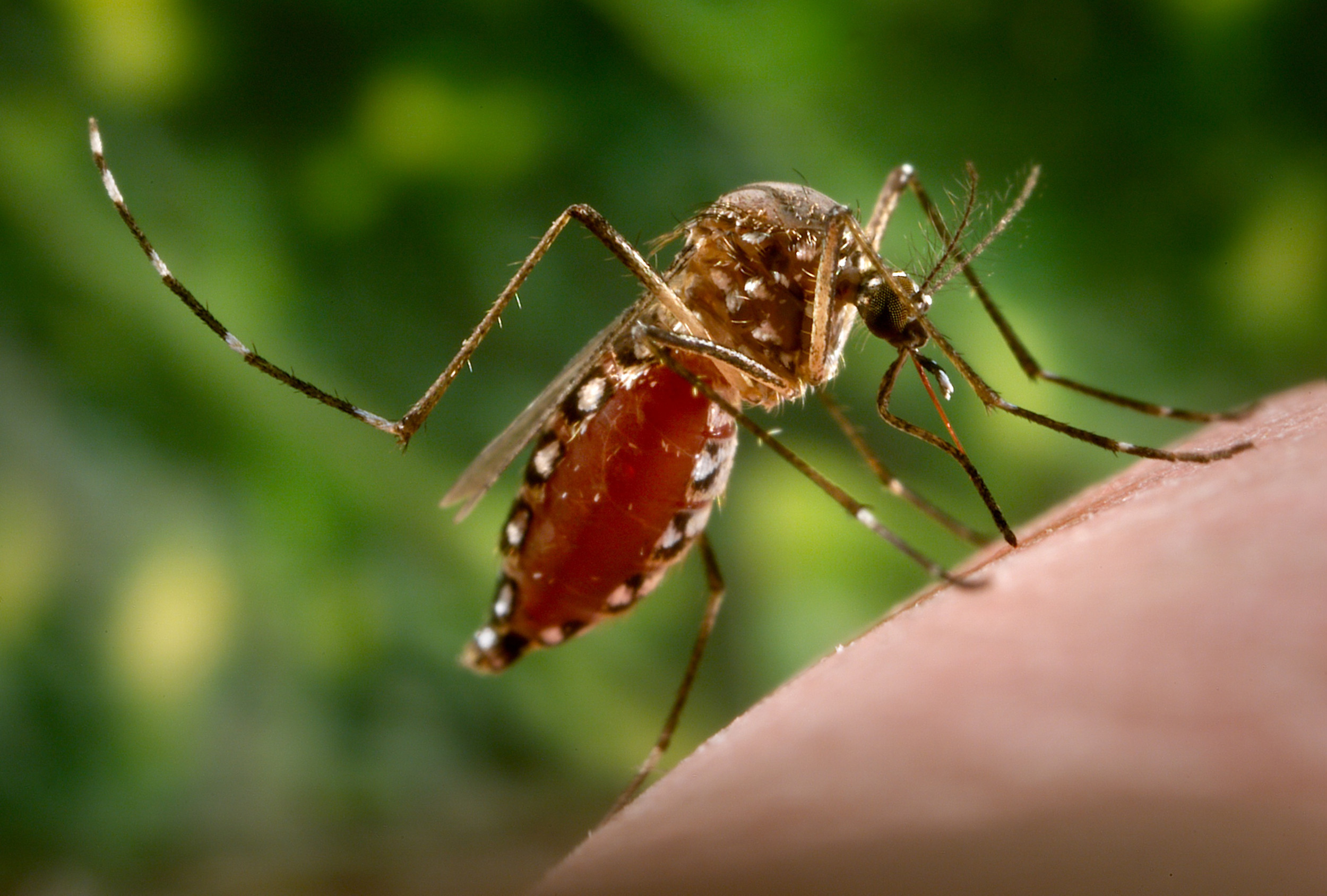A Pasadena, California, resident was diagnosed with the first locally acquired case of dengue virus last week, and the news has reignited a warning from the World Health Organization (WHO) issued earlier this month.
Dengue virus, also known as breakbone fever or black bone fever for its severely painful symptoms, is spread through the bite of an infected female mosquito, usually the Aedes aegypti species. The virus is common in warmer climates where the mosquitos thrive, such as South America, but earlier this month WHO infectious disease specialist Jeremy Farrar warned that the virus could “take off” in the U.S. in this decade as climate change makes the environment more favorable to the mosquitos nationwide, according to a report by Reuters.
“We need to really prepare countries for how they will deal with the additional pressure that will come…in the future in many, many big cities,” Farrar said.
Farrar said the virus will most likely become endemic in parts of the U.S. and other global destinations that have already seen local transmissions.
The Centers for Disease Control and Prevention (CDC) said the virus is mostly found in the Caribbean, Central and South America, Southeast Asia and the Pacific Islands, but cases have been diagnosed in the U.S., particularly in states with hot, humid climates.
States At Risk For Breakbone Fever
The CDC specified that most dengue cases in the U.S. thus far are attributed to traveling overseas, and the virus has been identified in Florida, Hawaii, Texas and Arizona.
However, those states and other warm regions like southern California could soon become more at risk for locally acquired dengue as the climate warms and becomes favorable to the Aedes aegypti mosquito.
“Recently this mosquito was introduced to many regions of California and has become established, so it was only a matter of time before local dengue transmission occurred,” Cornell University professor Laura Harrington told Newsweek. “Other states at high risk are Texas, Louisiana, Alabama, Florida and Georgia. Hawaii is also at risk and has had some local dengue transmission.”
Less than 1 percent of dengue virus cases are fatal, and only one in four people with dengue will have symptoms. More than 4 million cases of dengue virus were diagnosed worldwide in 2022. The most common symptoms are fever, nausea, vomiting, rash and aches and pains. The virus is known as breakbone fever given the severe pain that accompanies it in some cases.
Despite the case in Pasadena, officials are reassuring residents that the virus is not endemic to the area and that risk remains low.
“Local dengue infections on the US mainland are very rare,” a report by Center for Infectious Disease Research and Policy (CIDRAP) said. “People who contract the virus in locations where the virus is endemic can introduce the virus to local mosquito populations.”
CIDRAP added that Florida is the only U.S. state that regularly reports local cases of the virus.
“So far this year, Florida has reported 68 cases, most of them in Miami-Dade County,” the CIDRAP report said.
Newsweek reached out to State University of New York at Buffalo professor Jared Aldstadt and Rutgers University professor Dina Fonseca by email for comment.
Malaria, another virus spread by mosquitos also rare in the U.S., has also been diagnosed in the states this year, including in Maryland, Arkansas, Florida and Texas. To combat mosquito-spread diseases, Americans are urged to reduce mosquito-breeding sites, such as stagnant water, from around their homes.
Update 10/24/2023, 2:57 p.m. ET: This article was updated to include comment from Laura Harrington.

